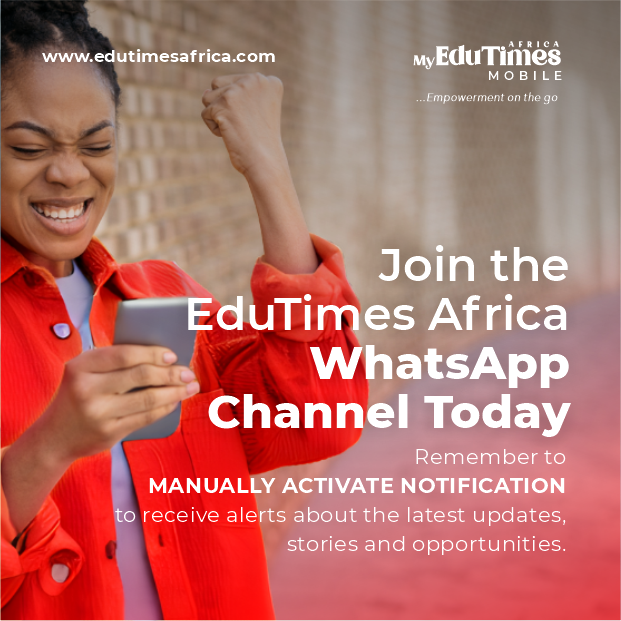Educators, researchers, and policymakers from across the world have convened in Samarkand, Uzbekistan, for the 2025 UNESCO General Conference, to deliberate on the future of education in the age of artificial intelligence.
Themed “The Future of Education in the Age of Artificial Intelligence (AI),” the conference brought together experts from diverse disciplines to explore how technology, truth, and culture are redefining learning in a rapidly digitalising world.
According to a statement obtained by TVC News on Monday, participants agreed that education systems must urgently adapt to the realities of artificial intelligence, social media, and fast-paced digital transformation. They observed that while technology has improved access to information, it has also fueled challenges such as misinformation, disinformation, and declining attention spans among students.
Balancing Innovation and Human Values
In his address, Professor Svein Stølen stressed the importance of balancing digital innovation with traditional learning values.
“Education is more than acquiring skills. It is about creating environments that encourage critical thinking, dialogue, and respect for diverse opinions,” he said.
“While digital tools are essential, we must not lose sight of the classroom’s foundational role in nurturing empathy, tolerance, and peace.”
He cautioned that excessive reliance on short-form digital content could oversimplify learning and weaken students’ ability to think critically.
Diplomacy of Truth and Inclusion
Other scholars, speaking on behalf of youth advocates, called for what they described as a “diplomacy of truth” to counter misinformation and cultural bias in the digital space.
“Truth is a global public good,” one delegate said. “We must ensure that young people, especially in Africa, are not marginalised by biased algorithms. UNESCO must lead global efforts to promote digital equity, freedom, and cultural inclusivity.”
Speakers urged UNESCO and member states to invest in “educational laboratories” that empower youth to co-create solutions and participate in international collaboration.
> “African youth should feel part of a global community of creators,” a participant noted, adding that governments must “trust young innovators and provide them with meaningful opportunities.”
Focus on Open Science and Gender Equity
Delegates also underscored the need for open science and universal access to research, encouraging scientists to make their findings freely available to boost global knowledge-sharing and transparency.
Universities, they said, remain vital spaces for dialogue, discovery, and cultural exchange within UNESCO’s educational mandate.
A key highlight of the debate was a renewed call to close the gender gap in STEMM (Science, Technology, Engineering, Mathematics, and Medicine). Participants advocated mentorship and stronger representation to inspire girls to pursue scientific careers.
“We must ensure that every girl believes she can become a scientist. UNESCO has a crucial role in creating those pathways,” one delegate stated.
Shared Human Values in a Digital World
The session concluded with a reflection on shared human values amid technological disruption:
“What keeps us human is our collective will to speak, learn, and connect,” the closing statement read. “Through truth, education, and compassion, we preserve our world not merely through declarations, but through meaningful actions.”


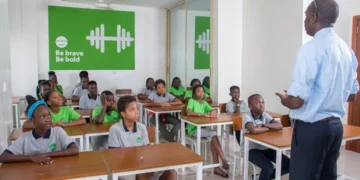
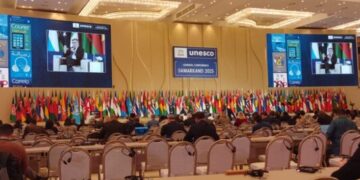
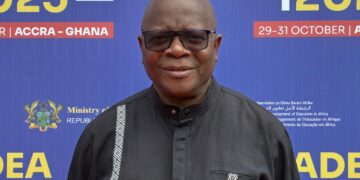
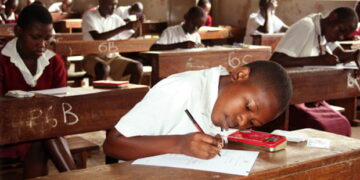
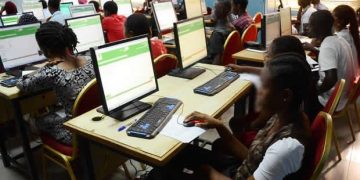
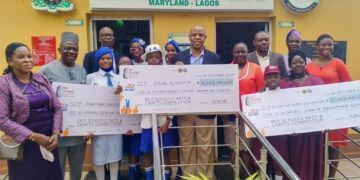












































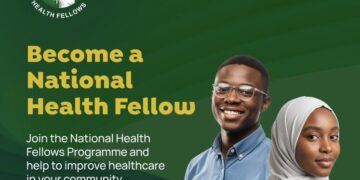
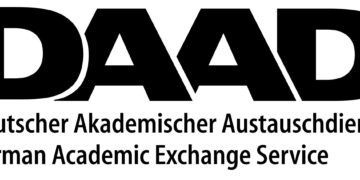
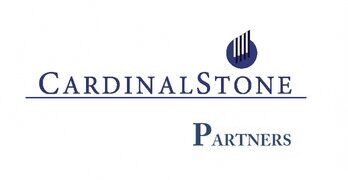
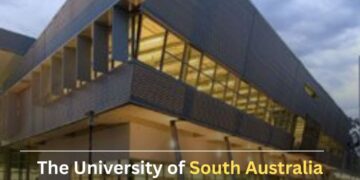

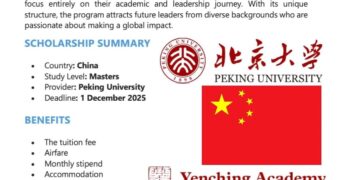
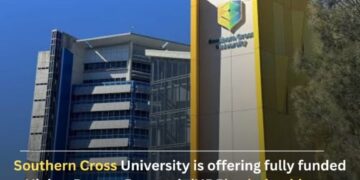
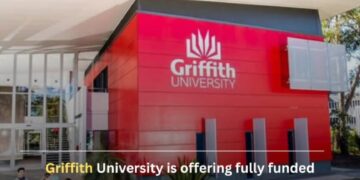

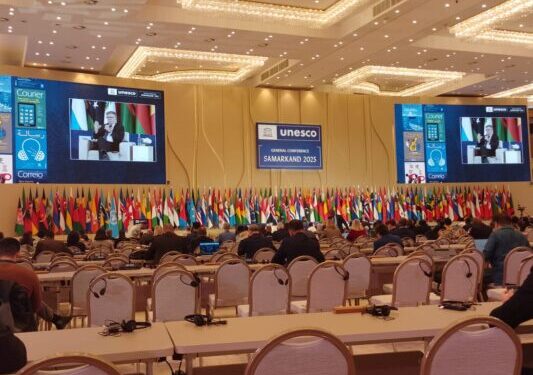


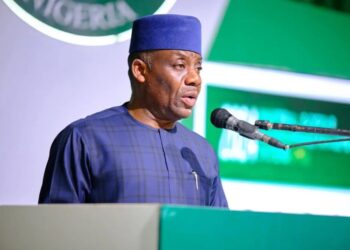
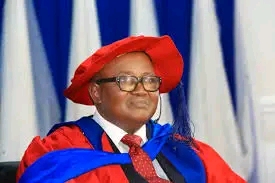
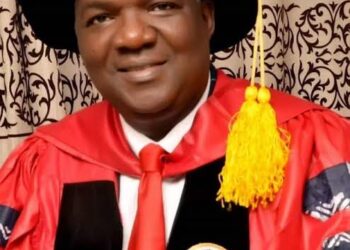
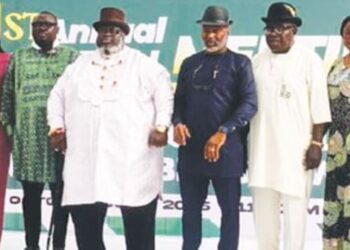
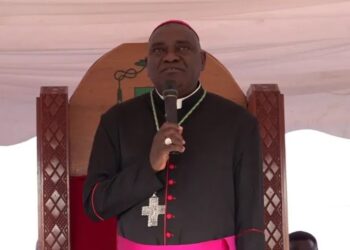
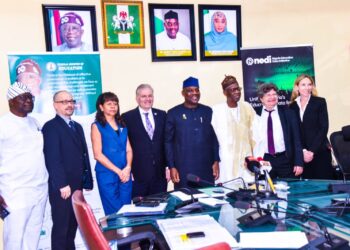










 EduTimes Africa, a product of Education Times Africa, is a magazine publication that aims to lend its support to close the yawning gap in Africa's educational development.
EduTimes Africa, a product of Education Times Africa, is a magazine publication that aims to lend its support to close the yawning gap in Africa's educational development.

